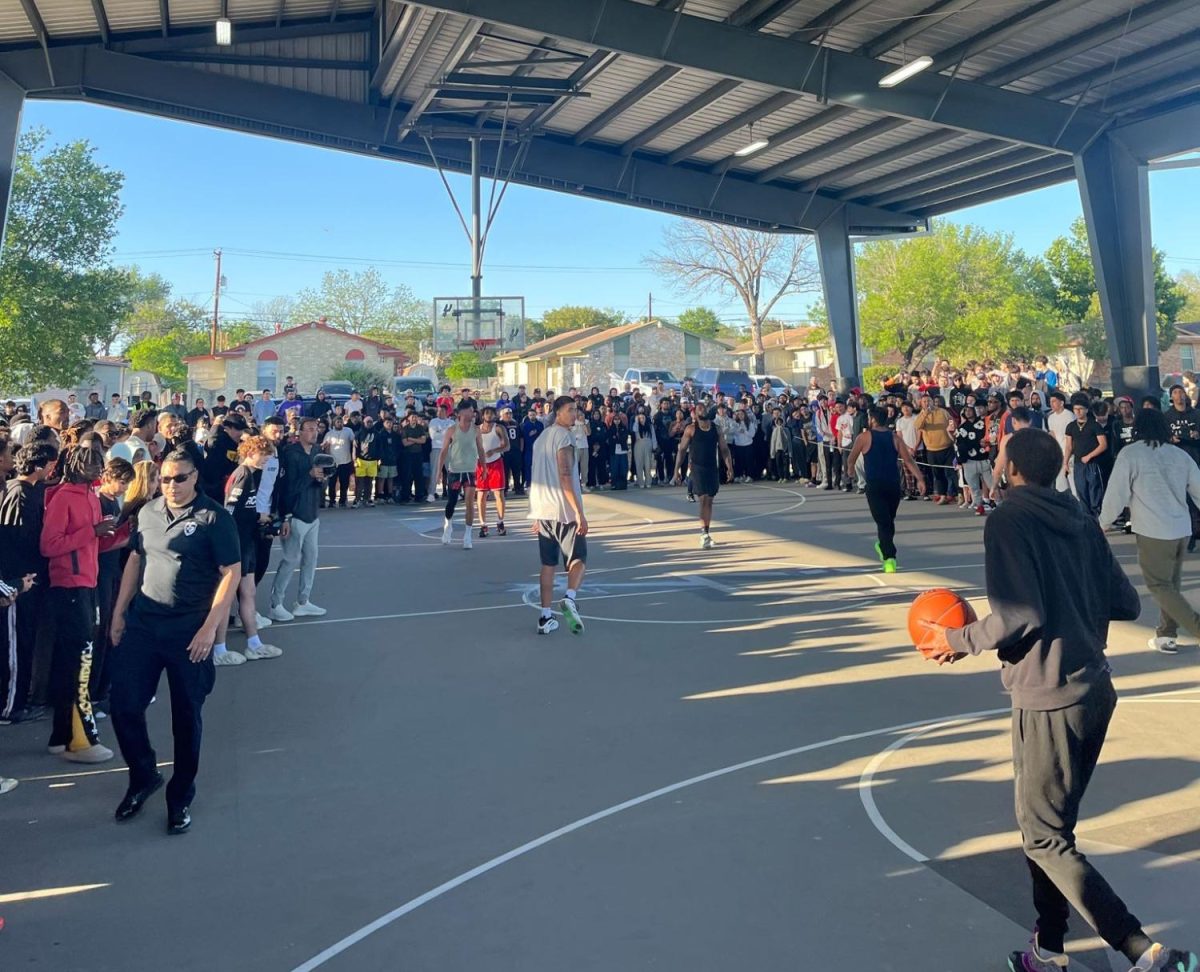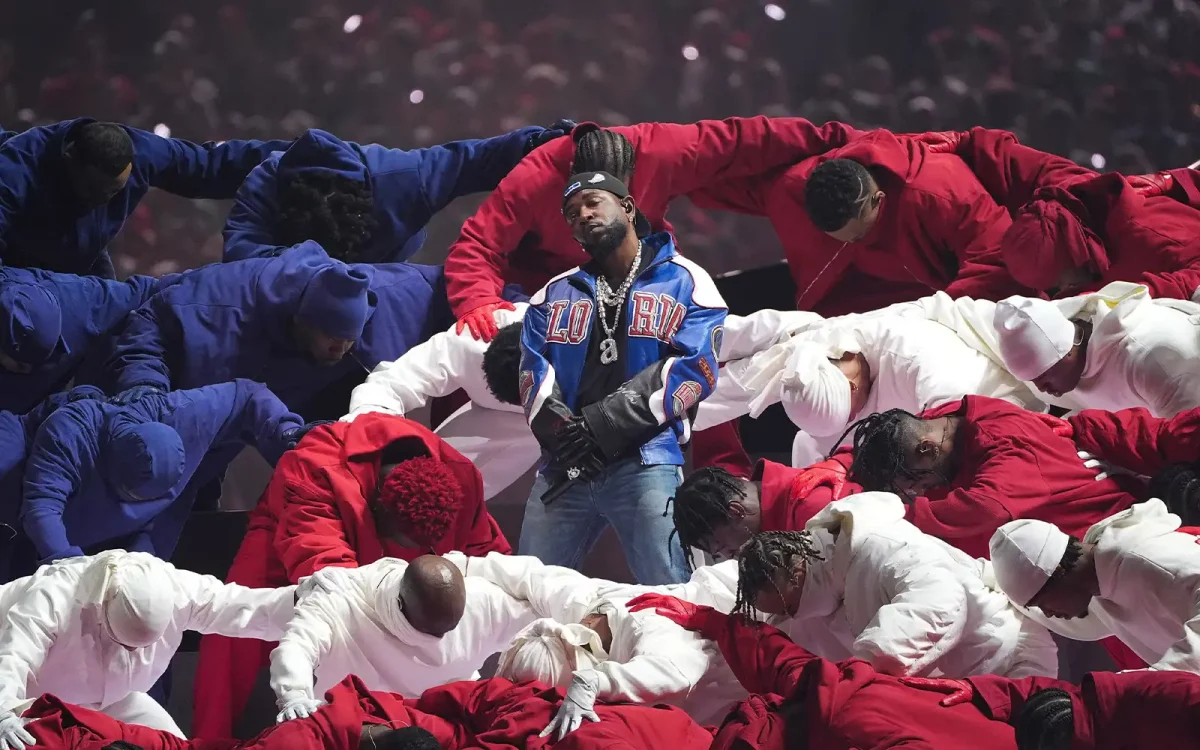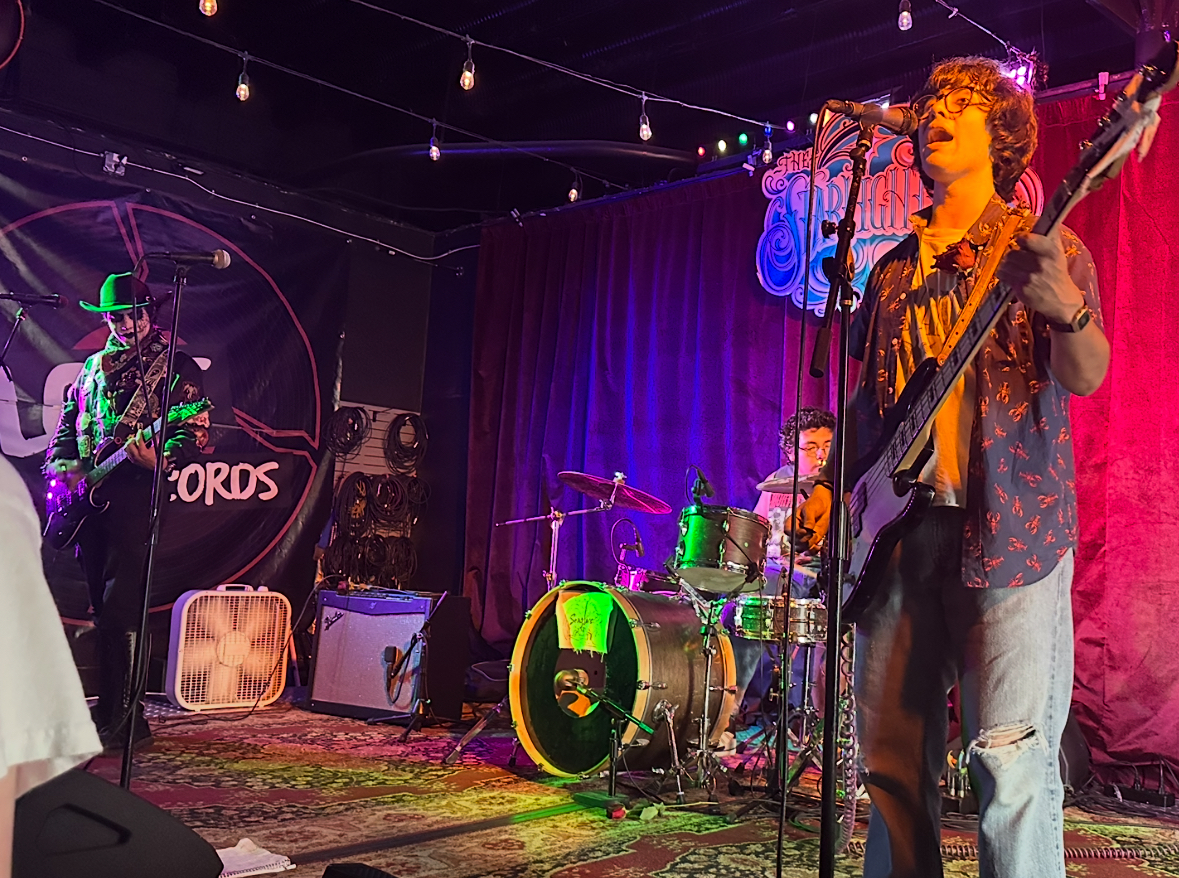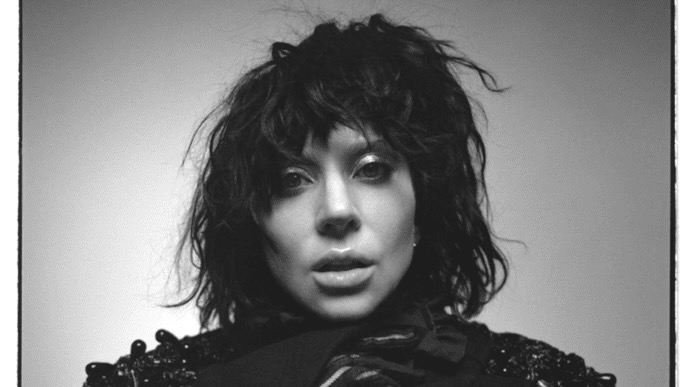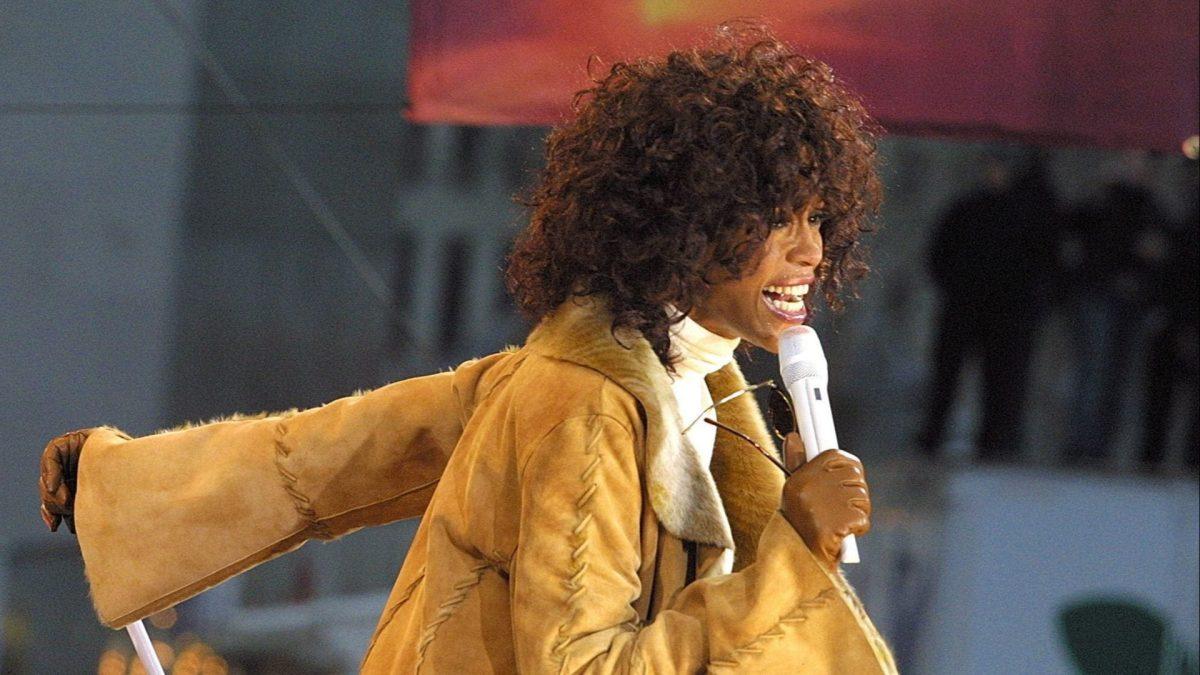With the release of their “200 Best Singers of All Time” list, Rolling Stone made another addition to their already lengthy catalog of controversial lists. Every time the magazine puts out one of these lists, everyone online who speaks about it seems to be complaining about the placements of the list and the artists/albums/songs that got snubbed. At some point, the lists seem to make such little sense that it comes across as the magazine making controversial takes just to get people talking.
This opinion is true and shows up in many different ways on each list, such as two popular artists back-to-back that are sure to generate some buzz, a certain disconnect between generations, and notable names who seemed to be locks but were left off of the top 200.
At some spots on this list in particular, it seems like there are two artists back-to-back that were placed next to each other only because Rolling Stone knew that it would be controversial. The example of this that sticks out the most is Bob Dylan being placed at 15, one spot ahead of Prince. While Prince is widely renowned as one of the most powerful and popular voices of all time, Bob Dylan notoriously has one of the most controversial singing voices in music history. Other instances of this happening include Usher being placed one spot ahead of Bob Marley at 97, Lana Del Rey being right ahead of punk icon Iggy Pop at 175, and Johnny Cash being placed above Michael Jackson himself.
The King of Pop has generated the most buzz from readers, with his controversial spot at 86. Many have pointed out how powerful and relevant Jackson’s voice still is to this day, and how he might be the most popular pop singer of all time for reasons why he is way too low on the list. His placement is not the only placement that has sparked rage though. Lauryn Hill’s placement at 136, Frank Ocean’s placement at 190, and Alicia Keys’ spot at 185 were deemed too low by a lot of readers. On the other hand, Rihanna’s placement at 68 and Beyoncé’s at 8 seemed to be way too high for their respective vocals, despite both being great artists.
Many notable names that are expected to be on a list like this were completely left off, with names such as Céline Dion, Janet Jackson, John Legend, Jim Morrison, Nick Cave, and Gil-Scott Heron all getting snubbed. Dion’s fans were so outraged to the point where they protested outside of Rolling Stone’s facilities, proving that the controversy the list creates is working in regard to its relevance. Another major problem with the list is a disconnect in generations that is blatant, with it being much harder for a newer artist to make the list when the criteria require a catalog with depth. Modern artists with unique and wide-ranging vocals like Moses Sumney didn’t have a chance at this list due to the criteria.
Rolling Stone gets exactly what they want every time they release a list like this, as plenty of people all over social media make comments, tweets, and YouTube videos about the wild placements on the list. Because of its past success, the magazine will continue to put out lists in this style until people continue to call them out and stop paying attention to the articles that are only asking for attention.






